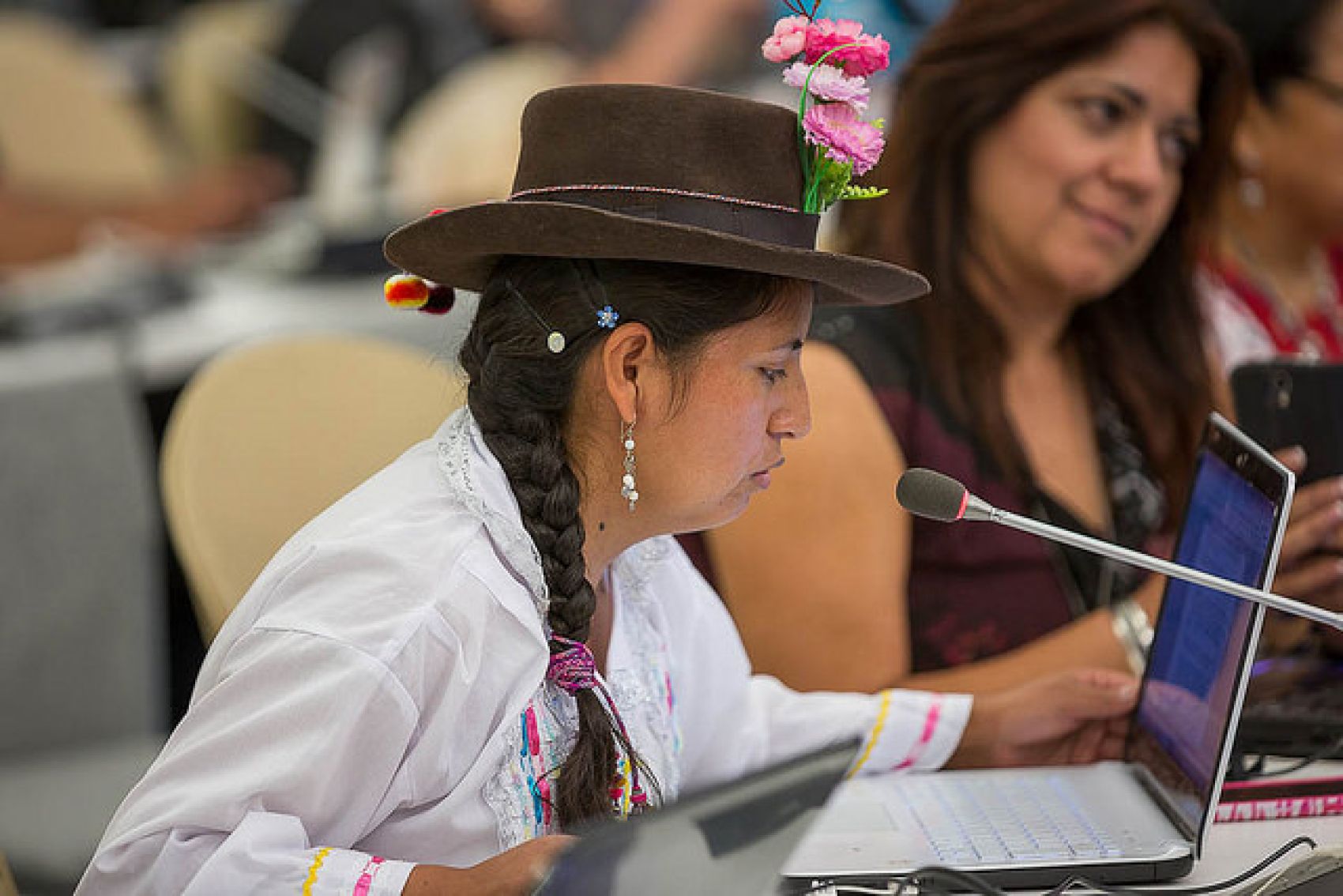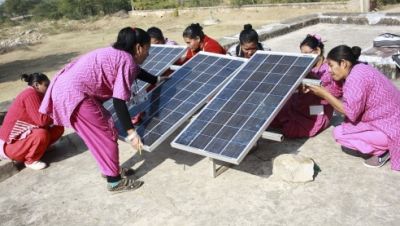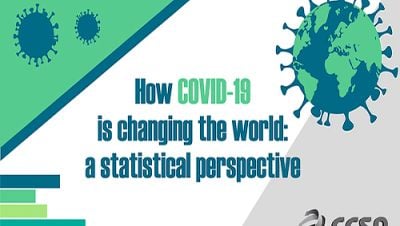From my lifelong experiences, being an advocate for the rights of some of the most marginalized peoples, allow me to share what I have learned and come to see as essential elements to ensure peaceful societies and sustainable development in a plural world.
Celebrating diversity
Indigenous peoples contribute to diversity, and their history emphasizes the importance of revitalizing and celebrating ancient cultures, music, languages, knowledge, traditions and identities. Living in an era where xenophobia, fundamentalism, populism and racism are on the rise in many parts of the world, celebrations and positive messages about the value of diversity can contribute to counter negative stereotypes, racism and discrimination and instead foster tolerance, innovation and peaceful coexistence between peoples. This is essential to safeguard the inherent belief in human beings’ equal worth, as reflected in the fundamental principles of the Universal Declaration on Human Rights.
Taking special measures to ensure equality and combat discrimination
The world today is more unequal than ever before— yet, there is an increasing recognition of the crucial importance of addressing systematic inequalities to ensure sustainable development. To address inequalities, a first step is to repeal discriminatory policies and laws that continue to exist in many countries, preventing particular groups of peoples from fully realizing their potential. For indigenous peoples, it is necessary to adopt positive or special measures to overcome discrimination and ensure the progressive achievement of indigenous peoples’ rights, as emphasised in the UN Declaration on the Rights of Indigenous Peoples (article 21.2). This includes measures to safeguard cultural values and identities of indigenous peoples (article 8.2) or to ensure access to education in their own languages (article 14). Further, nondiscrimination for indigenous peoples is strongly related to the right to self-determination and cultural integrity. These principles should be promoted in the context of addressing target 16b of the 2030 Agenda, promoting and enforcing nondiscriminatory laws and policies.
Getting down to the root causes of conflicts
No solution to conflicts and injustices will be possible without addressing the root causes for these conflicts. For indigenous peoples, root causes most often relate to violations against their human rights, in particular rights related to their lands, territories and resources. Across the world, indigenous peoples increasingly experience militarization, armed conflict, forced displacements or other conflicts on their lands, which have become increasingly valuable in light of globalization and the continued quest for resource extraction. Indigenous human rights and environmental defenders, who mobilize to protect their rights, face death threats, harassment, criminalization and killings. According to an Oxfam Report, 41 percent of murders of human rights defenders in Latin America were related to the defence of the environment, land, territory and indigenous peoples. The essential and first step to prevent conflict and ensure peaceful development is hence to protect, promote and ensure the basic rights of all peoples, including their free, prior and informed consent on development activities taking place on their lands. In that light the 2030 Agenda’s goal 16 on peaceful societies and strong institutions is essential. In particular, the focus on transparency, the rule of law and equal access to justice will be crucial to ensure accountability to the rights of all peoples.
Bringing in the voices, world views and power of indigenous peoples
Indigenous peoples have called for their rights to be at the negotiating table and have a voice in decision making processes. “Nothing about us, without us” goes one of the mottoes, that is being repeated. Consistent with the /UN Declaration on the Rights of Indigenous Peoples article 7, indigenous peoples have the collective right to live in freedom, peace and security as distinct peoples. Furthermore, in post conflict societies, states should ensure the participation of indigenous peoples through their own representative institutions in peace negotiations, peacebuilding, peacekeeping, humanitarian assistance and reconciliation processes. By strengthening indigenous peoples’ own institutions and governance systems and ensuring their inclusion in essential decision making processes at the local, national and global levels, just solutions to conflicts can be found, and the structural root causes that led to the conflicts can be addressed. Indigenous peoples can also contribute to peace processes through their ancient wisdom and approaches to reconciliation and peace. Indigenous approaches to reconciliation often go beyond legal solutions with an essential focus on forgiveness, coexistence and harmony, which can inspire in a conflict situation that might otherwise seem protracted. The world has much to learn from indigenous peoples in the quest for peace and development in a plural world, as the one we are living in.
This text was originally published in the Human Development Report 2016 “Human Development for Everyone”. Please see special contribution on page 121.
The HDialogue blog is a platform for debate and discussion. Posts reflect the views of respective authors in their individual capacities and not the views of UNDP/HDRO.
HDRO encourages reflections on the HDialogue contributions. The office posts comments that supports a constructive dialogue on policy options for advancing human development and are formulated respectful of other, potentially differing views. The office reserves the right to contain contributions that appear divisive.
Photo credit: Global Coordinating Group


